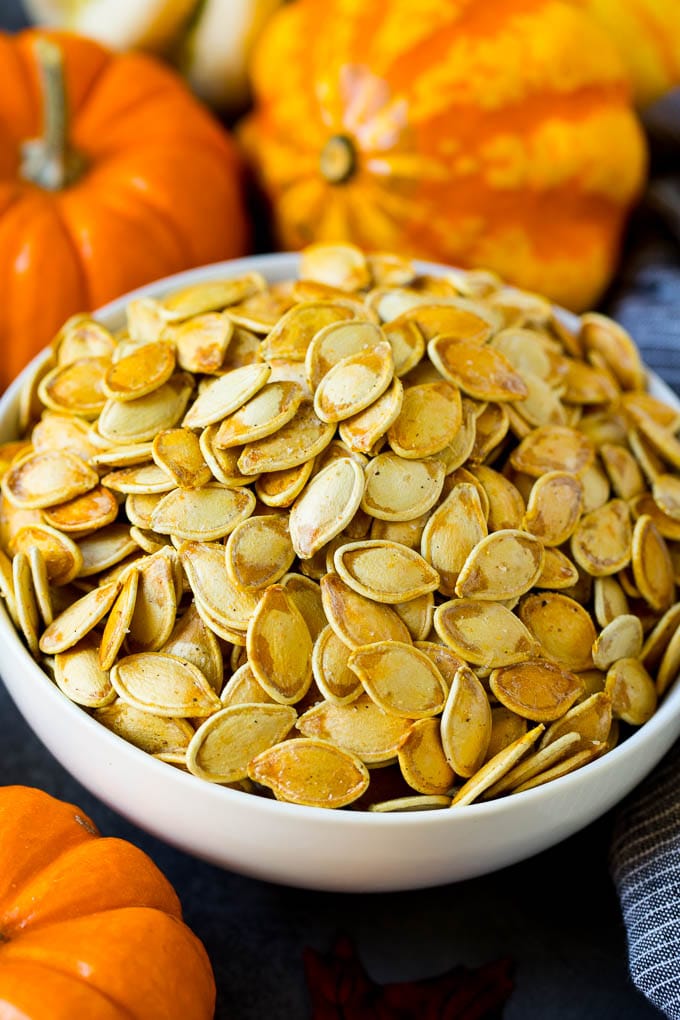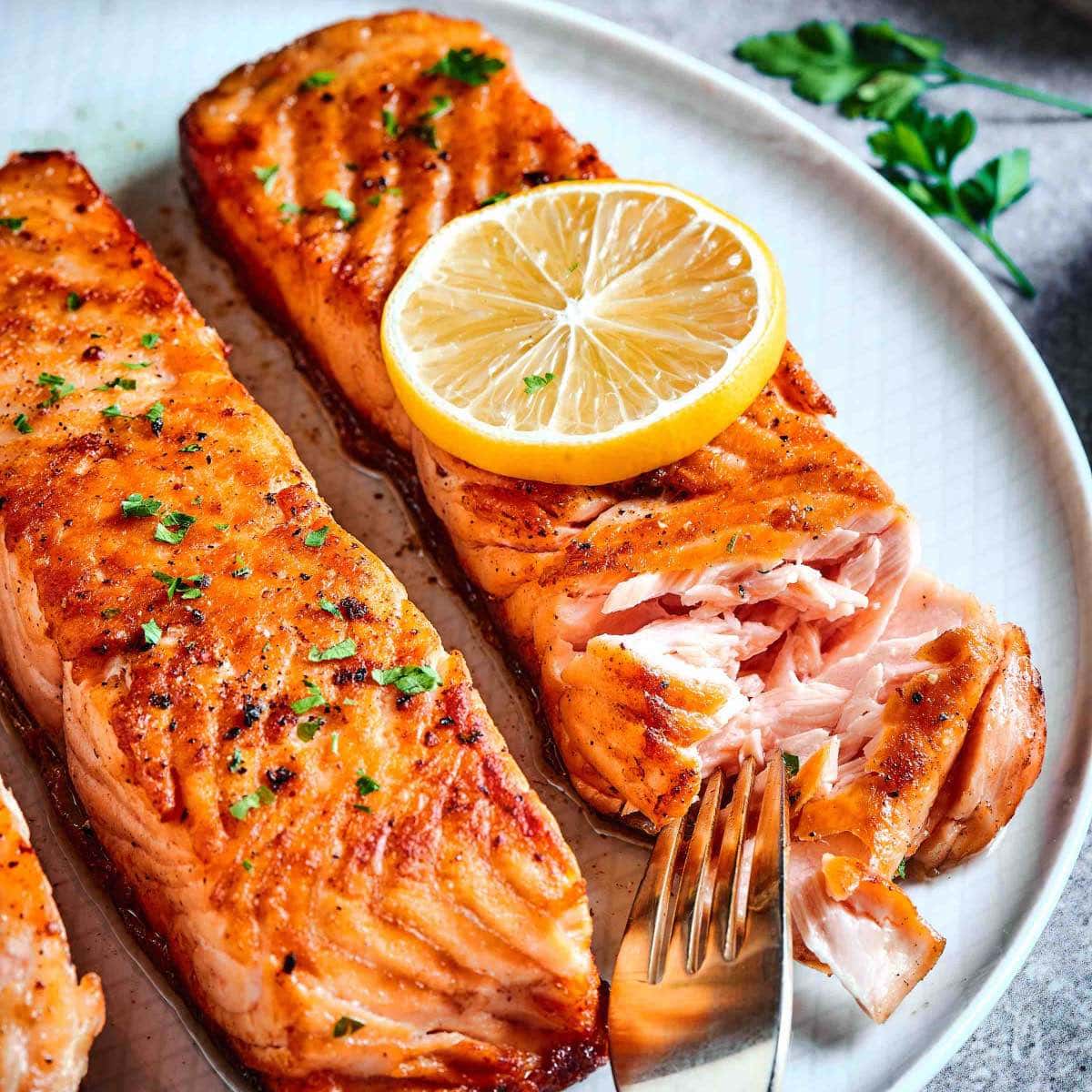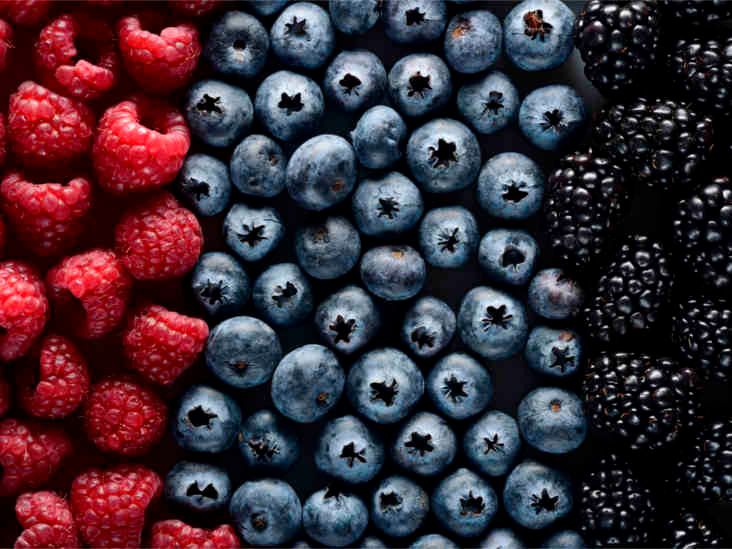Many men are concerned about increasing their sperm count, particularly those who are trying to conceive or maintain their reproductive health. Exercise, sleep, stress reduction, and other lifestyle factors are important, but nutrition is also a major component in sperm production and overall reproductive health. Nutrients and chemicals found in specific diets have been shown to boost sperm count and quality. In this extensive guide, we will examine seven meals, along with the nutrients and advantages they offer, that may aid in sperm count growth.
Oysters
 |
| Oysters |
Known for their aphrodisiac properties, oysters are also beneficial to the health of sperm. Zinc, which is necessary for the synthesis of testosterone and the development of sperm, is abundant in these shellfish. Infertility problems and lower sperm quality have been related to zinc deficiency. You can be sure you're receiving enough zinc in your diet to maintain normal sperm motility and production by including oysters in your diet.
Eggs
 |
| Eggs |
Walnuts:
 |
| walnuts |
Rich in omega-3 fatty acids, walnuts are vital for the health and function of sperm. Improved sperm motility, decreased inflammation in the reproductive system, and preservation of sperm cell membrane integrity are all made possible by omega-3 fatty acids. Moreover, antioxidants like vitamin E and selenium found in walnuts shield sperm cells from oxidative damage. You can get the antioxidants and important fatty acids your sperm need by including walnuts in your diet.
Spinach:
| spinach |
Rich in nutrients, leafy green foods like spinach promote good health generally, including reproductive health. Folate, a B vitamin essential to DNA synthesis and sperm development, is abundant in spinach. A low folate level has been linked to less viable eggs and a higher chance of chromosomal abnormalities in sperm cells. Enhance your fertility by including foods high in folate, such as spinach, in your diet to promote healthy sperm production.
Pumpkin Seeds:
Pumpkin seeds are packed full of nutrients that promote healthy male reproduction and sperm production. They are a great source of zinc, which is necessary for the development of sperm and the manufacture of testosterone. Antioxidants like vitamin E and selenium, which shield sperm cells from oxidative stress and enhance sperm quality, are also abundant in pumpkin seeds. Furthermore, pumpkin seeds are a great source of omega-3 fatty acids, which promote the motility and functionality of sperm. You can increase your sperm production and fertility by including pumpkin seeds in your diet.
Salmon:
Rich in omega-3 fatty acids, which are critical for the health and fertility of sperm, salmon is a fatty fish. In the reproductive system, omega-3 fatty acids lessen inflammation, enhance sperm motility, and control hormone production. Salmon also contains a high vitamin D content, which has been connected to higher testosterone levels and better sperm quality. You can obtain the vital nutrients and fatty acids required for ideal sperm function and production by eating salmon and other fatty seafood.
Berries
Antioxidants included in berries like raspberries, blueberries, and strawberries can help maintain the health of sperm. Antioxidants lessen oxidative stress and save sperm cells from harm by assisting in the body's defense against dangerous free radicals. Antioxidant-rich diets have been linked to increased fertility and sperm quality, according to studies. Berries are also a good source of vitamins C and E, which help healthy reproduction even more. Consuming a range of berries can provide a strong antioxidant boost that promotes the development and health of sperm.
Conclusion: Although a diet by itself might not be enough to resolve reproductive problems, including foods high in nutrients in your diet can improve sperm health and count. A few foods that may help with sperm production and male reproductive health are oysters, eggs, spinach, walnuts, pumpkin seeds, salmon, and berries. Men can maximize their chances of getting pregnant and conceiving by leading healthy lifestyles and consuming a balanced diet rich in these nutrient-dense foods. Speaking with a medical professional or fertility specialist can also offer tailored advice and assistance for dealing with fertility-related issues.




Comments
Post a Comment